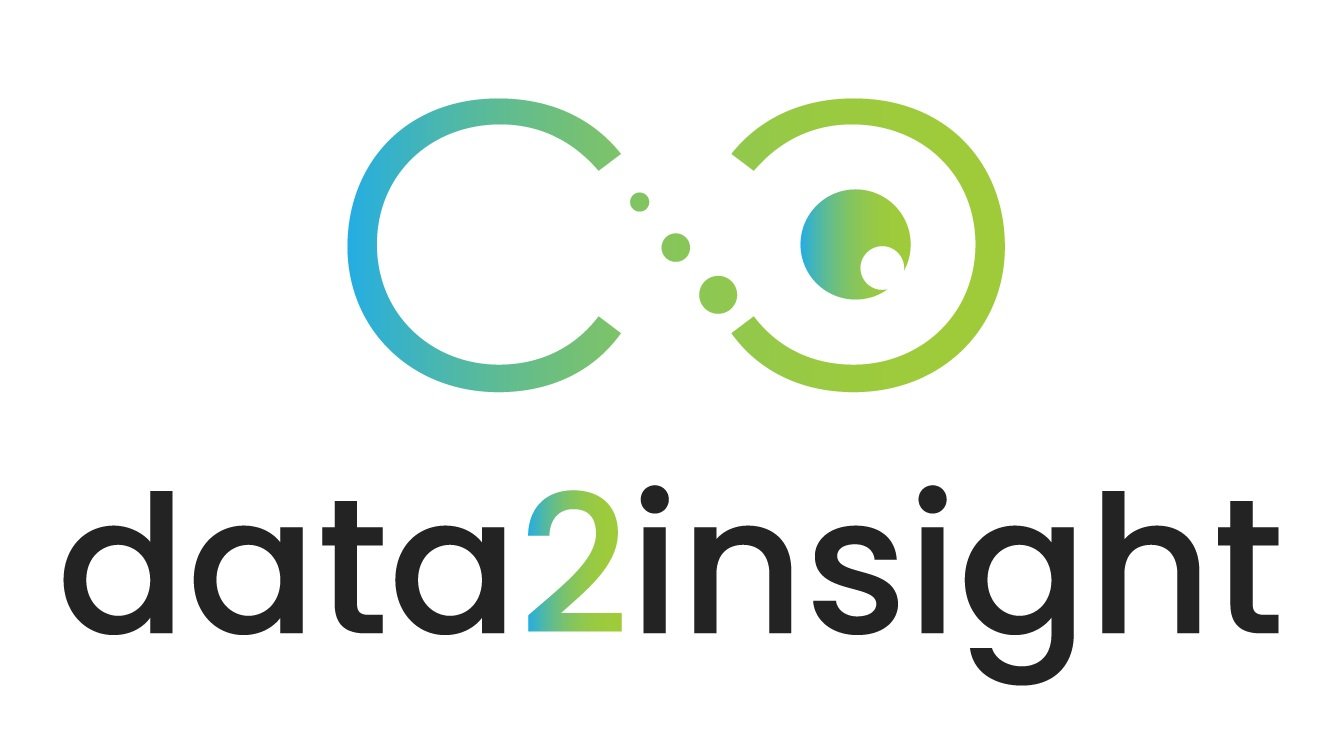Evaluating One of the First Quantum Information Science and Engineering Graduate Programs in the United States
BACKGROUND/OPPORTUNITY
University of Washington turned to data2insight to be their equitable evaluation partner as they develop a graduate education and professional development program for the next generation of scientists and engineers.
In this second quantum revolution, dubbed Quantum 2.0, society will leverage the quantum-mechanical properties of light and matter to enable new technologies in computation, communication, and sensing.
Accelerating Quantum-Enabled Technologies (AQET) is a National Science Foundation Research Traineeship program (NRT) that expands on the University of Washington (UW) faculty research in Quantum Information Science and Engineering (QISE) by establishing a unique curriculum that bridges the gap from physics to chemistry, computer science & engineering, electrical & computer engineering, and materials science & engineering. Quantum 2.0 will require teams of experts from across disciplines, and AQET is one of the first programs to bring hardware and software scientists and engineers together at the graduate student level.
The AQET program is designed to contribute to the development of an innovative, culturally aware STEM-trained workforce in the QISE field. AQET was founded on the belief that significant advancements in QISE will require breaking down barriers between science and engineering departments. AQET’s objectives are (1) students demonstrate knowledge of QISE key concepts and are able to answer research questions in a variety of domain areas, (2) students demonstrate a transdisciplinary intellectual orientation and the ability to work in an interdisciplinary team to tackle QISE problems, and (3) the number of women participants in the AQET program reaches 35% and can be attributed to an increase in women participants in our respective disciplines.
Data2insight is a long-standing, trusted UW partner, having been selected as the external evaluation for 8 STEM education and workforce development pilot programs in the last decade.
SOLUTION
Data2insight recently completed the measurement and evaluation of the first cohort of students in the AQET pilot program.
The purpose of the 2021-22 formative evaluation study was to provide credible, relevant, and timely evidence that informs AQET’s program leaders’ decisions and actions as they plan for AQET’s program implementation in Year 3 program delivery.
The measurement and evaluation study was guided by the following questions:
AQET’s activity effectiveness: What are student and faculty perceptions of the various program components?
Increase industry professionals’ awareness of AQET program: Is the AQET program appreciated and known to entities inside UW and outside UW? Is UW more successful at attracting students because of AQET?
Increase student and faculty awareness of QISE field broadly defined: How aware are students and faculty of the QISE field?
Broaden the definition of QISE careers: Does everyone feel they belong/fit in with careers in QISE? If not, why not? To what extent do AQET trainee and faculty experience a sense of belonging within the QISE field?
Increase conversations about the flexible, autonomous time management opportunities in a research career and how to create work-life integration: What trends in the QISE field have AQET trainees and faculty observed that are moving the QISE field toward or away from being more conducive to supporting work-life integration.
Increase student understanding of the value of QISE skills beyond QISE field and expand field-specific definitions of QISE to encompass aspects across disciplinary boundaries: Do students understand how their domain discipline can impact or is impacted by QISE?
Increase student QISE knowledge and skill: How have students’ QISE knowledge and skill changed over time?
Increase student understanding of interdisciplinary vocabulary and ability to have interdisciplinary conversations and increase student awareness of QISE career paths: Do students understand what the QISE field incorporates?
OUTCOME
UW faculty used data2insight’s evaluation findings to make changes to the AQET program pilot based on student feedback.
The data2insight team conducted data analysis, synthesis, and interpretation of findings to answer key evaluation questions. Findings were shared with members of the executive committee in August 2022. These findings were used to inform program changes for the second cohort of students who started the program in October 2022.
STEM education leaders engaged in and used evaluation science to learn and improve higher education, which is a big win for students, faculty, science, and the community.

